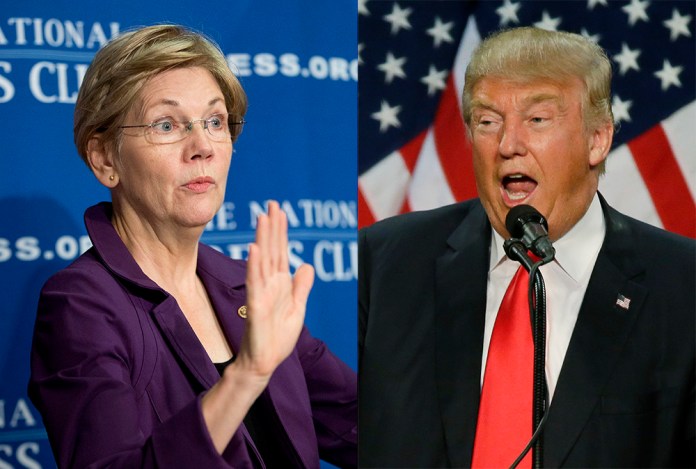DOGE loses fight to take control of US Institute of Peace
The article discusses the recent legal ruling involving the U.S. Institute of Peace (USIP) and the Department of Government Efficiency (DOGE), focusing on a contentious takeover attempt. A federal judge ruled that the removal of USIP board members during DOGE’s effort to assert control was unlawful, necessitating their reinstatement. The judge criticized the government’s actions, stating they were improper and nullified all related decisions made during the takeover attempt. The case stemmed from actions taken under an executive order by President Trump aimed at reducing federal bureaucracy,which the judge deemed a gross overreach of executive power. USIP is an autonomous agency dedicated to promoting peace and conflict resolution globally. Following the ruling, the Trump administration has 30 days to appeal, and USIP’s legal team is confident of a favorable outcome if the appeal proceeds.
DOGE loses fight to take control of US Institute of Peace
The Department of Government Efficiency has lost its battle to take full control of the U.S. Institute of Peace.
A judge ruled that staff and board members who were removed during a DOGE takeover of the agency must be reinstated and blasted the federal government for its role in the case. The agency’s board and staff sued the government to regain their jobs.
“The purported removal of members of the Board of Directors of the United States Institute of Peace (“USIP”) … was unlawful,” U.S. district court judge Beryl Howell wrote in the order, “and therefore null, void, and without legal effect.”
All actions taken at the agency were also ruled null and void. The defendants can no longer take actions “maintaining, retaining, gaining, or exercising any access or control over the Institute’s offices, facilities, computer systems, or any other records, files, or resources.”
President Donald Trump’s Feb. 19 executive order, “Commencing the Reduction of the Federal Bureaucracy,” eliminated USIP to the “maximum extent consistent with applicable law.”
“It is the policy of my Administration to dramatically reduce the size of the Federal Government, while increasing its accountability to the American people. This order commences a reduction in the elements of the Federal bureaucracy that the President has determined are unnecessary,” the executive order reads.
The USIP is an independent agency established and funded by Congress. It exerts influence on foreign countries by promoting “research, policy analysis, education, and training on international peace and conflict resolution in an effort to prevent and resolve violent conflicts, and to promote post-conflict stability.”
Federal government lawyers said that the president selects USIP’s board of directors, and its mission is “to extend the United States’ soft power internationally.” USIP said it doesn’t perform “any executive functions,” which should exempt it from executive authority.
The judge in the case believes the Trump administration overreached in its attempts to take over the agency’s headquarters and dissolve it. Washington D.C. police and the FBI had helped DOGE enter the building after they were locked out.
“The president’s efforts here to take over an organization … contrary to statute established by Congress and by acts of force and threat using local and federal law enforcement officers,” Howell wrote, “represented a gross usurpation of power.”
WHAT IS DOGE? WHAT TO KNOW ABOUT THE DEPARTMENT OF GOVERNMENT EFFICIENCY
The Trump administration will have 30 days to file a notice of appeal. The USIP expects it to.
“We are confident we will prevail on appeal, too,” George Foote, longtime outside counsel for USIP, told Wired.
" Conservative News Daily does not always share or support the views and opinions expressed here; they are just those of the writer."




